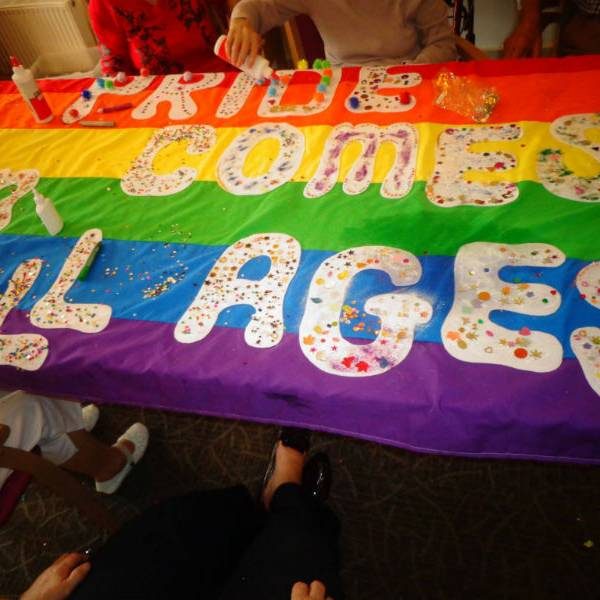 With the ageing of the “baby boomer’ generation, it is expected that demand for services within Australia’s aged care industry will dramatically increase for the LGBTQI Community
With the ageing of the “baby boomer’ generation, it is expected that demand for services within Australia’s aged care industry will dramatically increase for the LGBTQI Community
Until recently, there has been very little focus, examination and inclusion of the needs of older LGBTQI people, who may require aged care services. The estimated number of older LGBTQI Australians over the age of 65 is expected to rise to approximately 500,000 people by the year 2051.
The Commonwealth Department of Health and Ageing’s 2012 National LGBTI Ageing and Aged Care Strategy makes it clear that LGBTQI people are a group requiring particular attention due to their past and continuing experience of “discrimination and the limited recognition of their needs by service providers and in policy frameworks and accreditation processes”.
In June 2013, the Sex Discrimination Amendment (Sexual Orientation, Gender Identity and Intersex Status) Bill 2013 passed by Federal Parliament historically included provisions to ensure no discrimination against older LGBTI people was lawful across the aged care sector.
Sex Discrimination Act
The passing of the Sex Discrimination Amendment Act 2013 means that service providers in the aged care sector that receive funds from the Commonwealth will now need to abide by national anti-discrimination laws designed to offer greater protection for LGBTI people. The Act removes exemptions that previously allowed some providers to turn away, refuse some services or remove LGBTI clients solely because of their sexual orientation, gender identity or intersex status.
What more can be done?
- Ongoing implementation of the 2012 National LGBTI Ageing and Aged Care Strategy ensuring the strategy aims are met and fulfilled.
- Help create greater visibility and a culture where LGBTQI people are at the centre of aged care policies, programs and are involved in vital decision making.
- Assist with research and training so that all aged care staff, from administration to management, are equipped with the skills, knowledge and training opportunities to provide LGBTQI-inclusive practices and services.
- Develop initiatives in dementia assessment and early diagnosis services; acute care; respite care; and palliative care that are inclusive of and responsive to the needs of LGBTQI people.
- Develop healthy ageing programs for LGBTQI people and communities.





